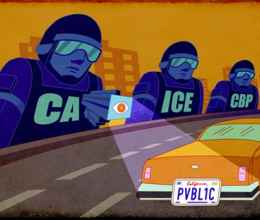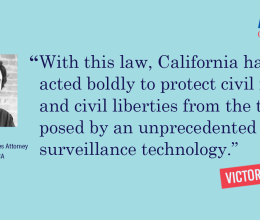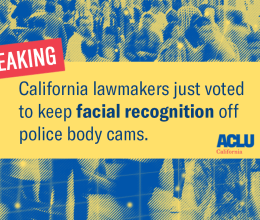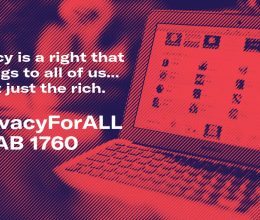SAN DIEGO – Today, the California State Senate unanimously approved the Reader Privacy Act of 2011 – legislation that would require government agencies to seek a warrant in order to access consumers’ reading records from bookstores and online retailers. The bill – SB 602 authored by Senator Leland Yee (D-San Francisco) – would establish consumer protections for book purchases similar to long-established privacy laws for library records.
“I am very pleased that both Democrats and Republicans agree that current law is completely inadequate when it comes to protecting one’s privacy for book purchases, especially for online shopping and electronic books,” said Yee. “Individuals should be free to buy books without fear of government intrusion and witch hunts. If law enforcement has reason to suspect wrongdoing, they can obtain a warrant for such information.”
Many bookstores already collect information about readers and their purchases. Digital book services can collect even more detailed information including which books are browsed, how long each page is viewed, and even digital notes made in the margins.
Historically, sensitive reader information has come under fire. During the McCarthy hearings of the 1950s, Americans were questioned about whether they had read Marx or Lenin. In the years following September 11, 2001, the FBI sought patron information from more than 200 libraries.
Just this past year, Amazon was asked by the North Carolina Department of Revenue to turn over 50 million purchase records including books, videos, and other expressive material.
SB 602 will update California state law to ensure that government and third parties cannot demand access to Californians’ reading records without proper justification.
Yee’s law is supported by the American Civil Liberties Union (ACLU), Electronic Frontier Foundation (EFF), Google, Consumer Federation of California, and Californians Aware, among others
Supporters say that it is essential for state law to keep pace and safeguard readers in the digital age. Electronic or digital books now outsell paperbacks on Amazon.com and over 18 million e-readers are expected to be sold in 2012.
“California should be a leader in ensuring that upgraded technology does not mean downgraded privacy,” said Valerie Small Navarro, Legislative Advocate with the ACLU’s California Affiliates. “We should be able to read about anything from politics, to religion to health without worrying that the government might be looking over our shoulder.”
“In a recent Google Books decision, the court noted the importance of the privacy concerns with digital books,” said Cindy Cohn, Legal Director at the Electronic Frontier Foundation. “This law will ensure that the enhanced reader tracking that is possible through digital books and book services doesn’t create a honey pot for government investigators and other lawyers seeking to snoop on what we search for, browse and read in digital bookstores and libraries.”
SB 602 will next be considered by the State Assembly.
Reader Privacy Act Approved by Senate
Related Issues
Related content

Lagleva et al. v. Doyle
October 14, 2021
Prevent Expansion Of Facial Recognition Tech (Oppose AB 2261)
May 21, 2020
California Governor Signs Landmark Bill Halting Facial Recognition...
October 9, 2019
California Senate Votes to Block Face Recognition on Police Body...
September 11, 2019California Legislature Caves to Big Tech Pressure Again and...
May 16, 2019
California Assembly Privacy Committee Kills Consumer Privacy Bill...
April 23, 2019ACLU Files Amicus Brief in Suit to Remove San Diegan from the...
April 5, 2019Privacy for All (AB 1760)
April 3, 2019

